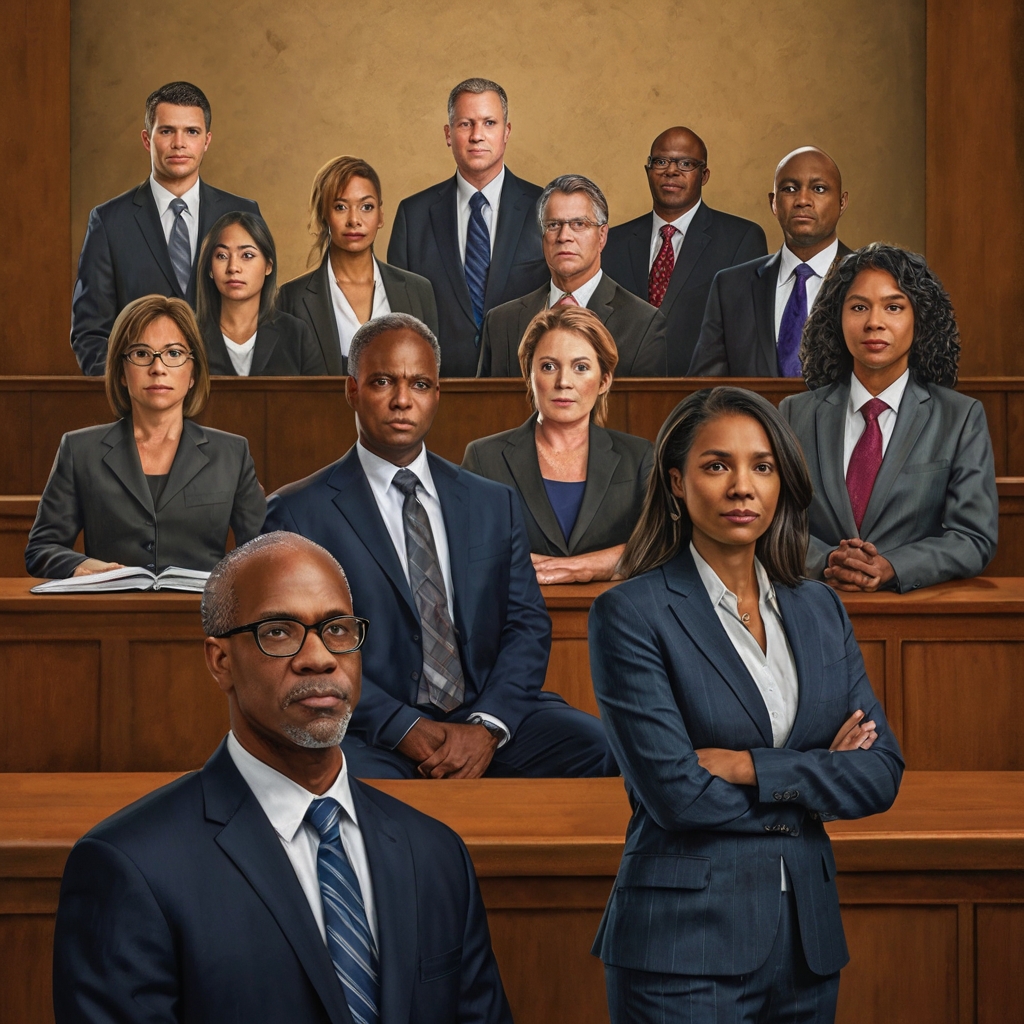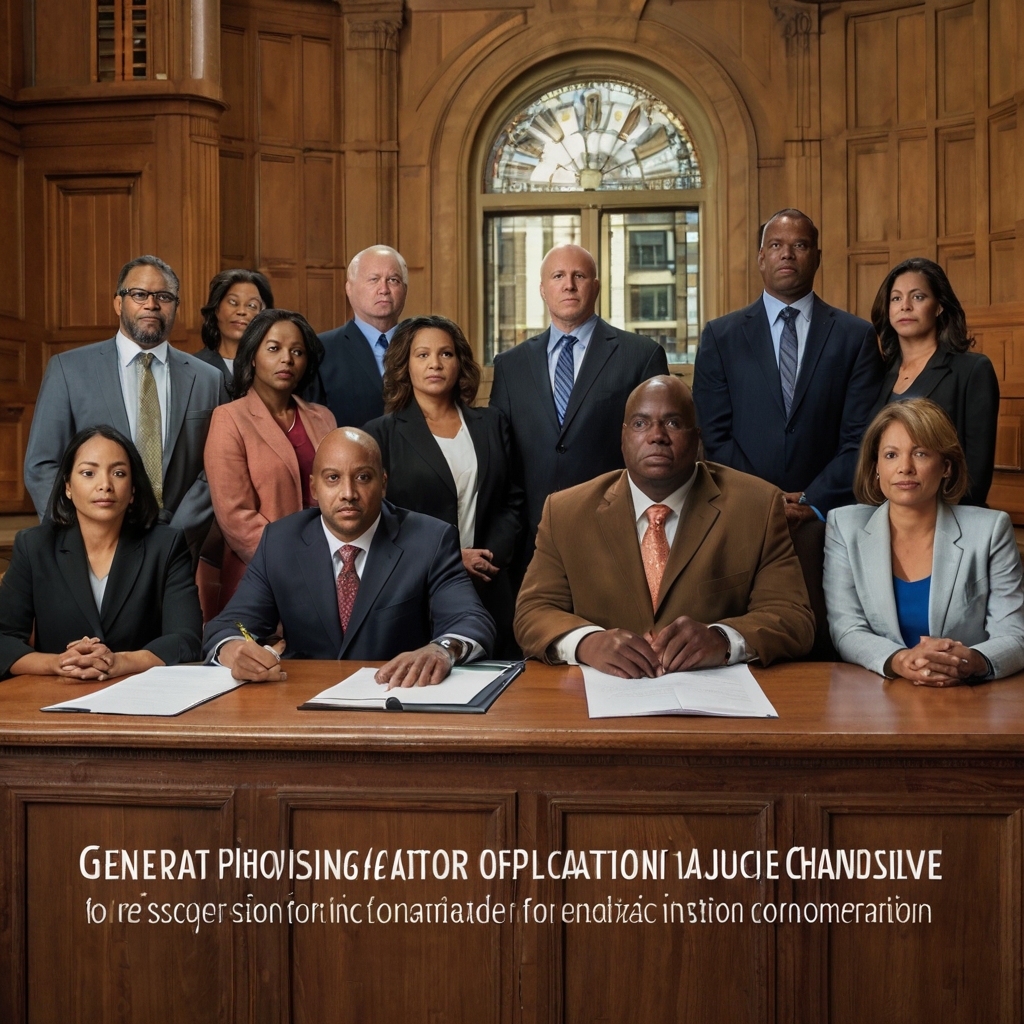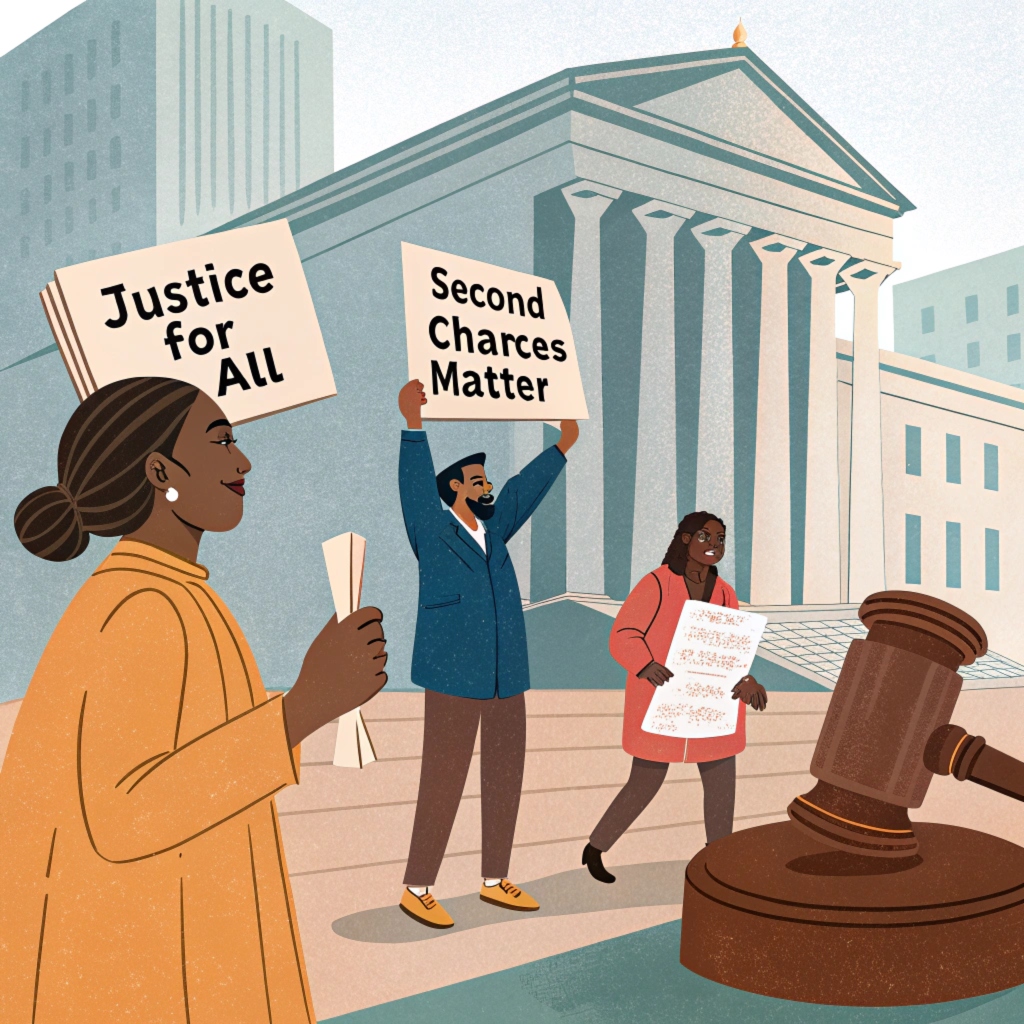For those who’ve been wrongly accused, the experience can be devastating emotionally draining and psychologically scarring.
The news is that you’re exonerated. But then comes another question: now what?
Life after exoneration isn’t about revenge; it’s about finding redemption through self-healing. While you may not need a pardon to move forward, understanding how pardons work in Utah could help families heal and second-chance activists enhance their advocacy.
Understanding Pardons in Utah for Second-Chance Activists
Navigating post-conviction pardons in Utah can be a challenging and complex process, but it’s also an opportunity for growth and redemption. After exoneration, you may feel overwhelmed by the weight of past injustices and uncertain about how to move forward.
Pardons are granted by the governor of Utah upon review of your case. To be eligible, all appeals must have been exhausted or waived. There must also be evidence that new and convincing information has come to light, demonstrating that you were wrongly accused or convicted. This does not mean guilt was disproven but rather that innocence wasn’t adequately considered in the first place.
The process of seeking a post-conviction pardon is often lengthy and requires significant effort. Applicants must gather evidence, including letters from experts, witnesses, and other relevant parties, to demonstrate that the case was mishandled. This can include DNA analysis or previously unavailable documents.
Working with a qualified attorney experienced in Utah’s post-conviction pardon process can greatly increase your chances of success. They can help ensure all necessary documentation is in order before submitting your application.
Receiving a pardon doesn’t erase the past, but it can open new opportunities for personal growth and redemption. It may also allow you to reconnect with family members or rebuild relationships that were strained during incarceration. Understanding the process and implications of pardons equips you to make informed decisions about taking control of your life after exoneration.
How Exoneration Affects Family Members of the Wrongly Accused
Exoneration can bring immense relief, but its aftermath often involves uncertainty and hardship. For instance, Sarah’s experience with her husband was particularly traumatic. After he spent three years in prison for a crime he didn’t commit, reconnecting proved difficult.
Family members often spend years in limbo, waiting for justice. This wait takes a toll, leaving loved ones with unanswered questions: How did the person fare in prison? What treatment did they endure?
Exoneration also brings complex emotions, including anxiety and depression. Research shows exposure to trauma has long-lasting mental health effects. Seeking counseling or therapy—specifically designed for the wrongfully convicted and their families—can help. Organizations like the Innocence Project offer valuable resources and support systems to process these emotions.
Case studies highlight the impact of wrongful convictions on relationships, employment, and mental health. Sarah’s story illustrates how exoneration can restore hope and reunite families after years apart. However, the road to healing is long and arduous. Early intervention therapy has been shown to improve mental health outcomes, reinforcing that exonerees can rebuild their lives with proper support.
The Impact on Community Trust and Support Systems

Exoneration tests a community’s trust in the justice system. Families of wrongly accused individuals often feel betrayed, while the community may grapple with concerns about public safety.
Consider the case of Brian Dozier, an exonerated inmate from Utah. His conviction was based on coerced testimony. Once his innocence was proven, reintegration into society became a challenge. Community leaders were initially hesitant to support him, fearing public safety issues.
Exonerated individuals often face stigma, making it difficult to find employment and housing. Organizations like Second Chance Society provide vocational training and support, proving that with resources and opportunities, exonerees can rebuild their lives.
The justice system must prioritize transparency and accountability. Stricter review processes can prevent wrongful convictions and mitigate community mistrust. For example, Shawn Nuckols’ story demonstrates how advocacy organizations can help exonerees heal and rebuild while fostering trust between communities and law enforcement.
Creating New Opportunities After Exoneration
Receiving a pardon can be a turning point, offering new possibilities for education, employment, and personal growth. For example, Deborah Danner, exonerated after 32 years in prison, pursued career training and rebuilt her life. Research from the University of Michigan shows that exonerees often experience significant economic mobility within the first year of release.
Rehabilitation is not just about employment but also emotional well-being. Exoneration allows individuals to shed guilt and shame, paving the way for restored relationships. Tailored rehabilitation programs, such as cognitive-behavioral therapy or vocational training, provide essential support for successful reintegration.
Addressing Public Misconceptions and Stigma
Public perception of post-conviction pardons often involves misunderstandings. Some worry that exonerees pose safety risks, while others question whether they deserve a second chance. These fears highlight the need for education and awareness.
Each case is unique, and the Utah Board of Pardons and Paroles carefully reviews all factors, including the severity of the crime and the potential for rehabilitation. Studies show exonerees face symptoms similar to PTSD, emphasizing the importance of support systems in successful reintegration.
Fostering Support Networks for Exonerees
A supportive network of peers and mentors is crucial for newly exonerated individuals. Exonerees often form close-knit communities where they share experiences and navigate reintegration together. Online forums, local organizations, and advocacy groups provide invaluable resources.
Programs like the Utah Job Corps offer vocational training in high-demand fields, helping exonerees achieve economic stability. These initiatives not only equip individuals with job skills but also foster confidence and personal growth.
Overcoming Identity Crises and Rebuilding Self-Worth
After exoneration, many struggle with an identity crisis. Years defined by wrongful incarceration can leave individuals unsure of who they are. Strategies like journaling and therapy can help exonerees process their emotions and rebuild their sense of self.
Public awareness campaigns and second-chance activism play a vital role in supporting exonerees. These efforts promote understanding, reduce stigma, and encourage communities to embrace reintegration.
Conclusion: A Path Forward

Post-conviction pardons mark the beginning of a challenging but rewarding journey. By prioritizing support systems, rehabilitation programs, and community collaboration, we can create opportunities for growth and healing.
Second-chance activists, families, and exonerees must work together to foster a brighter future. With patience and understanding, individuals affected by wrongful convictions can rebuild their lives and contribute meaningfully to society.
